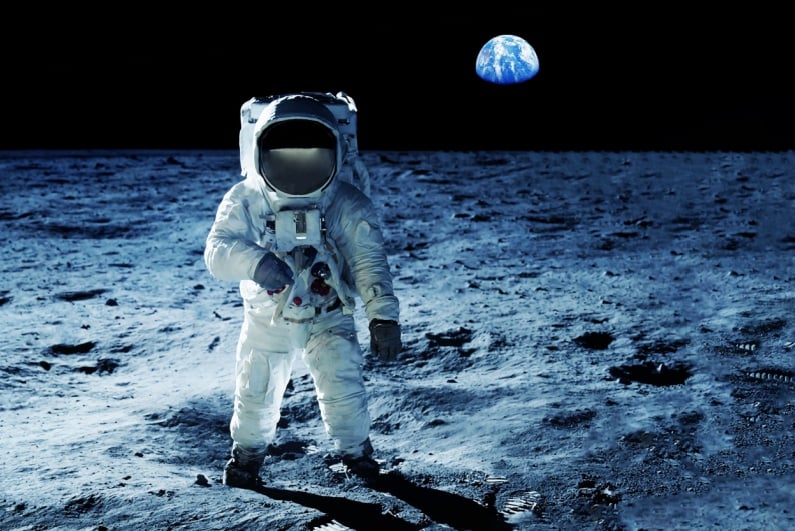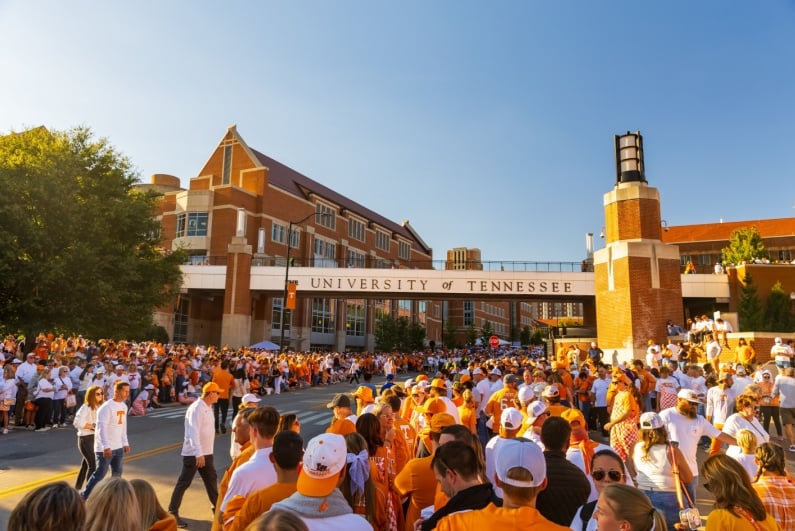Moonshot
July 20, 1969 will always go down as one of the most famous dates in human history: the day humans walked on the moon for the first time.
However, while the monumental achievement was celebrated worldwide, there were a few people who weren’t too pleased with the feat. Not just a few bitter Kremlin officials, but also a British bookmaker, William Hill.
William Hill lost a huge sum worth millions of dollars in today’s money
On the day of the landing, William Hill lost a huge sum worth millions of dollars in today’s money, after one bet caused a craze for Brits putting their money on Neil Armstrong and Buzz Aldrin to get the job done. Here’s the story of how the space race became a betting frenzy.
Betting craze
Unlike their counterparts in most other countries, British bookmakers aren’t picky about what they’ll lay a bet on. Election betting is a controversial subject in countries like the US, but it’s been a common practice in the UK for many years, along with betting on the weather, television shows, and just about anything else imaginable.
In 1964, a 20-year-old student and science fiction fan named David Threlfall decided to take advantage of that policy, approaching William Hill and asking for odds that President John F. Kennedy’s promise in a 1961 speech would come true, where he had claimed a moon landing would occur before the decade ended.
The bookie eagerly took up the bet of £10 (worth about $240 today) at the enormous price of 1,000/1 “for any man, woman or child, from any nation on Earth, being on the Moon, or any other planet, star or heavenly body of comparable distance from Earth, before January, 1971.”
By the end of 1964, the odds had steamed to 150/1. By 1966, they had dropped to just 8/1
At the time, the feat seemed a long way off. But as the space race heated up, the media began to take an interest in Threlfall’s wager and the declining odds for the bet. By the end of 1964, the odds had steamed to 150/1. By 1966, they had dropped to just 8/1, and by the time of the Gemini mission, they were just 7/4.
This interest sparked a flurry of bets each time the odds dropped and missions become more successful. Unknown to either William Hill or the bettors, NASA had calculated their own chances of achieving Kennedy’s target at 20/1 around the time Threlfall put down his bet – far shorter than the odds he received, but a lot higher than 7/4.
Touchdown
When the big day arrived, Threlfall had become a minor celebrity and was taken to a television studio to watch the results live. As soon as the lunar module touched down safely, he was handed a check for £10,000, worth $240,000 today.
Thanks to the craze spawned by Thelfall, William Hill paid out over £100,000 to winning bettors – over $2,200,000 today. A spokesman for the bookie said that they were perhaps “the only people not entirely delighted to see that particular feat of human exploration and ingenuity achieved.”
Yet it wasn’t just gamblers and bookies who were trying to calculate the odds of a successful mission. The crew of Apollo 11 were doing exactly the same thing.
Speaking at a 30-year anniversary event to mark the landings, Neil Armstrong said: “I thought we had a 90 percent chance of getting back safely to Earth, but only a 50-50 chance of making a landing on that first attempt.”
The Apollo 11 crew’s luck held up, but the same could not be said for Threlfall. Tragically, he would die just a year later, involved in a car crash in 1970. However, the memory of his long-shot bet will always live on.




